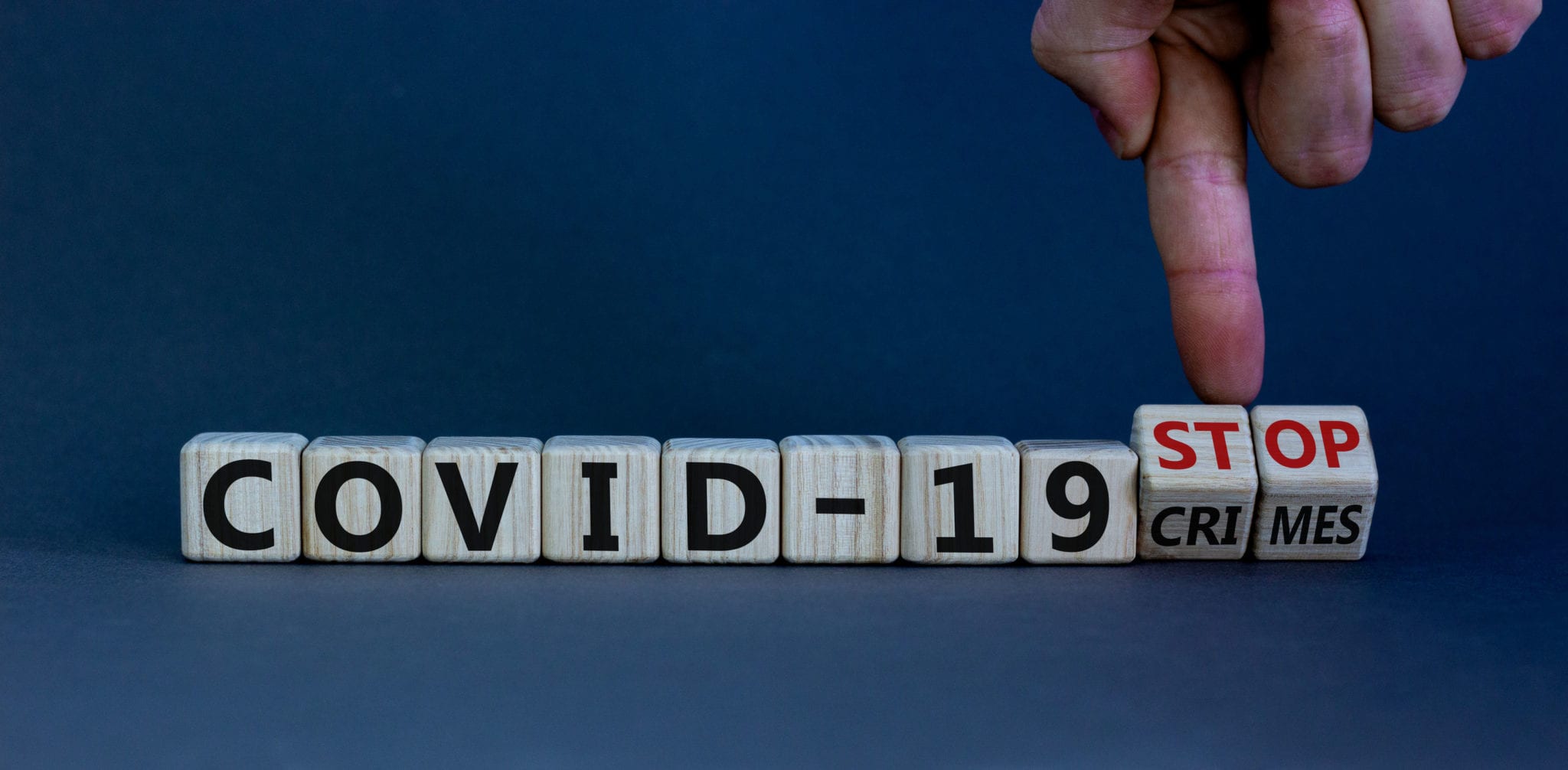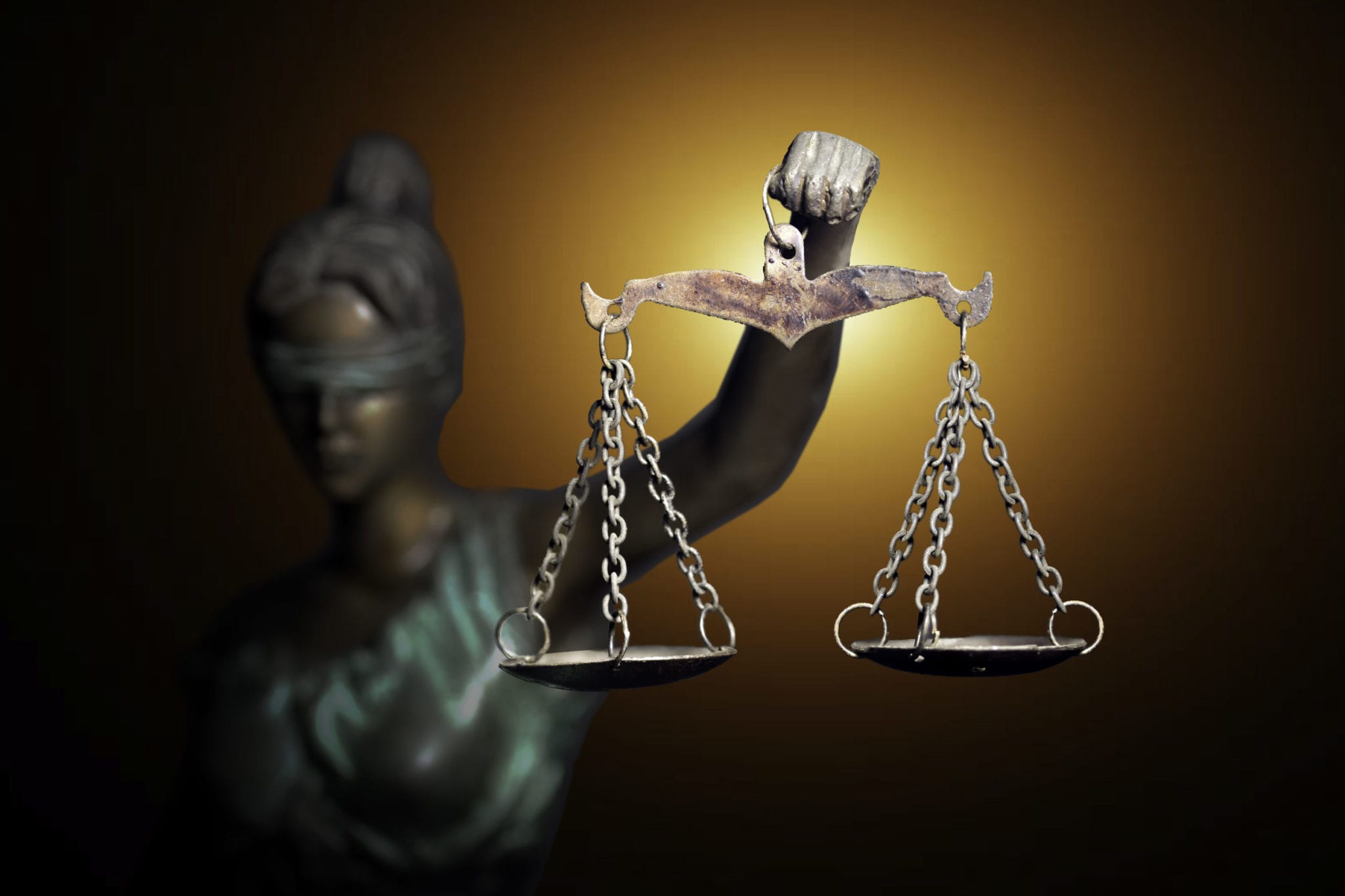Defrauding the government is no laughing matter. In fact, it’s a serious crime with serious consequences, as one Minnesota man recently learned.
A Minnesota man who owns a lawn care service was indicted for allegedly obtaining over $800,000 in COVID-19 relief funds fraudulently from the Paycheck Protection Program.
He submitted an application for the program even though his business was no longer licensed or even doing business. He also filed the claim under the name of another person.
What kind of trouble will you face if you file a false claim like this in Minnesota? Read on to find out.
The Minnesota False Claims Act
The federal government has the Federal Civil False Claims Act, but it only covers federal offenses and not state offenses. In 2009, the Minnesota legislature passed the Minnesota False Claims Act. It is comparable to the federal False Claims Act and has similar penalties.
The basic aim of the Act is to punish anyone who attempts to defraud the government knowingly by submitting false claims for payment.
The law defines a claim as any sort of request for payment, including documents that may cause the government to request less money than it entitled to or even to cause the government to pay more money than it should.
The key to the state’s case under the Act is the idea of something being done knowingly, but what does that really mean? It’s a broad term under Minnesota law and basically means that a person has actual knowledge of information but acts in a way that is deliberately ignorant of the truth or acts in a way that is reckless in its disregard for the truth.
The government does not have to prove the intent to defraud, but they must show the person acted knowingly to commit the crime.
The Penalties for Violating the Minnesota False Claims Act
The penalties for violating either Minnesota’s or the Federal False Claims Act are the same. It is punishable by:
- A civil penalty or fine of not less than $5,500 or not more than $11,000 per claim
- A civil penalty triple the damages of the government
- Payment of the government’s cost in bringing a suit against the person who violated the Act
Provision for Whistleblowers
There is also a whistleblower provision in both the state and federal Acts. It allows for individuals to bring private claims on behalf of the government. If they succeed in their suit, they may be eligible for some portion of the money recovered from the false claim.
That said, in order for them to bring the suit, they must submit their complaint to the court and prosecuting attorney of the government.
The attorney then must decide if they will take the case. If they do, then the government will prosecute. If they don’t, then the whistleblower can continue the action on their own.
It’s important to also note that if the whistleblower who brings the potential violation to the attention of the government is an employee of the accused, then they cannot be fired or otherwise punished.
If they are, then the accused risks having to pay lost compensation and other damages to them in addition to any other award they may receive.
Defenses Under the Minnesota False Claims Act
There are defenses that can be used if you find yourself charged under the Minnesota False Claims Act. They include:
Safe Harbor Provision
One thing that the Minnesota False Claims Act allows that the Federal False Claims Act does not is safe harbor against liability in certain situations. If a person is informed of the complaint against them, and within 45 days they pay the amount they owe in state damages as a result, they may not be held liable under the Minnesota Act.
Statute of Limitations
A defense that can be used under both the Minnesota and Federal False Claims Act is that the statute of limitations has run out to pursue the case. There are time limits placed on actions under the False Claims Act.
In Minnesota, that is three years after the fraudulent activity was discovered by the attorney for the government or six years after the fraudulent activity occurred – whichever happens later.
No one can bring a False Claims Act case against someone more than 10 years after the violation occurred.
Disclosure
The Federal and Minnesota False Claims Acts also prohibit actions in the wake of the public disclosure of allegations of false claims. A whistleblower cannot share in the recovery if the allegations have been made public through the media unless they were the original source for the information.
About the Author:
Christopher Keyser is an AV-Preeminent rated criminal and DWI defense attorney based in Minneapolis who is known for fighting aggressively for his clients and utilizing innovative tactics to get the most positive results. He has been featured in numerous media outlets due to the breadth and depth of his knowledge and named a Certified Specialist in Criminal Law by the Minnesota Bar Association. Mr. Keyser is Lead Counsel rated, and he has received recognition for his criminal law work from Avvo, Expertise, Super Lawyers, The National Trial Lawyers, and more.








